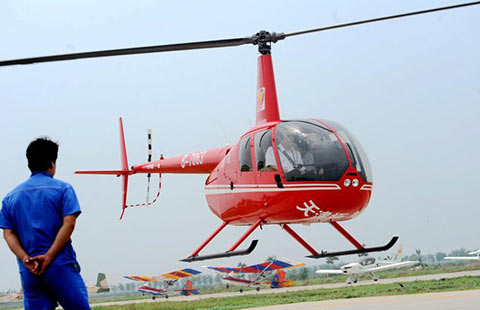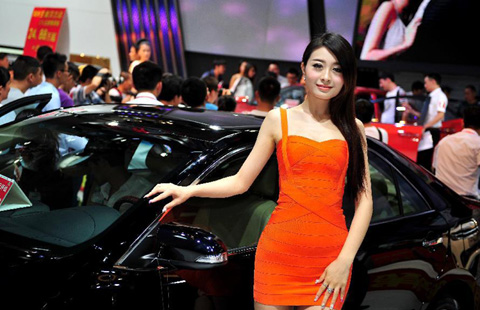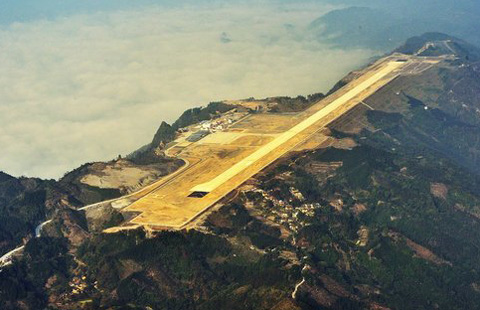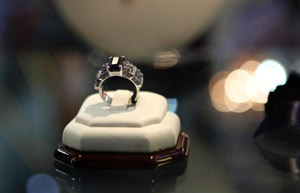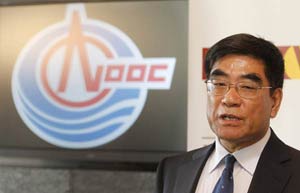Understanding the shift crucial for progress
By Martin Banks (China Daily) Updated: 2014-07-14 07:02"Inequality is one of the reasons why Europe strives for a 'socially correct market economy' and it will be fascinating to see the extent to which China can achieve this and create stability. This, in fact, is something we in Europe might also learn from China."
The book, soon to be translated into Chinese by Shanghai University, talks of China's gradual rise as a competing structural power being a "major concern" for the EU.
"This reveals itself in multilateral organisations but also in other parts of the world," Keukeleire says.
Here, China "successfully embodies" a development model for other developing or emerging countries that seems more attractive than the model the EU promotes.
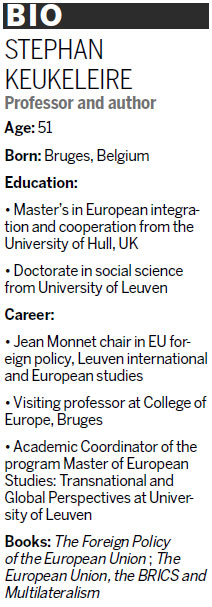
The economic crisis in 2008 from which the EU is only just emerging has seriously dented the effectiveness and sustainability of Europe's economic model, Keukeleire says.
Symbolizing the "shift in the relative balance of power" between the two sides was China agreeing, in 2010 to 2011, to contribute to international efforts to deal with the eurozone crisis.
Keukeleire says the financial crisis may have undermined Europe's economic standing, but he acknowledges EU's efforts to deal with the fallout, saying this demonstrates the bloc's ability to overcome catastrophe.
He is equally firm in his belief about the extent to which China influences EU foreign policy, particularly in the past decade as it has emerged - or "re-emerged", as the book puts it - as a global power.
China now enjoys the highest economic growth of all major and emerging world economies and is the world's biggest foreign currency reserve country, he says.
Taken together, he says, these point to the "impressive leverage" China possesses, economically and, potentially, politically.
This, he believes, has implications for the EU's position in the Middle East, Africa and elsewhere where it competes with China for the same resources, markets and political influence.
Initially Europe saw China as a "subject" of its foreign policy but is today "increasingly confronted" by China as a competing power.
Despite a big shift in the balance of power between the two and conflicts in areas such as market access, state aid and intellectual property rights, he remains largely optimistic, praising the "remarkably swift" modernization of the Chinese economy, combined with internal political stability.
He cities as evidence a recent business trip to Beijing, where he was impressed by people's knowledge of Europe. In this regard he would like to see more reciprocity.
"I'd like to see more Chinese works translated into English, French or German and for us Europeans to do more to learn the Chinese language. Our inability to do so, coupled with a lack of knowledge of China and Asia generally, is a real handicap."
His assistant is now studying for a PhD at Shanghai University, and a group of students from Leuven will soon leave for a summer school at Sichuan University in Chengdu.
Leuven is also engaged in a joint project with Tsinghua University.
"These are relatively small examples of how things are evolving," Keukeleire says. "But we need to go further."
- Apple responds to CCTV charge
- China bolsters government presence on WeChat
- First private flying club draws crowds in Tianjin
- Making capital from the early investments
- TMT companies tap niche ADR route for long-term benefits
- Finding the right work-life balance
- Understanding the shift crucial for progress
- Baidu big winner in World Cup
